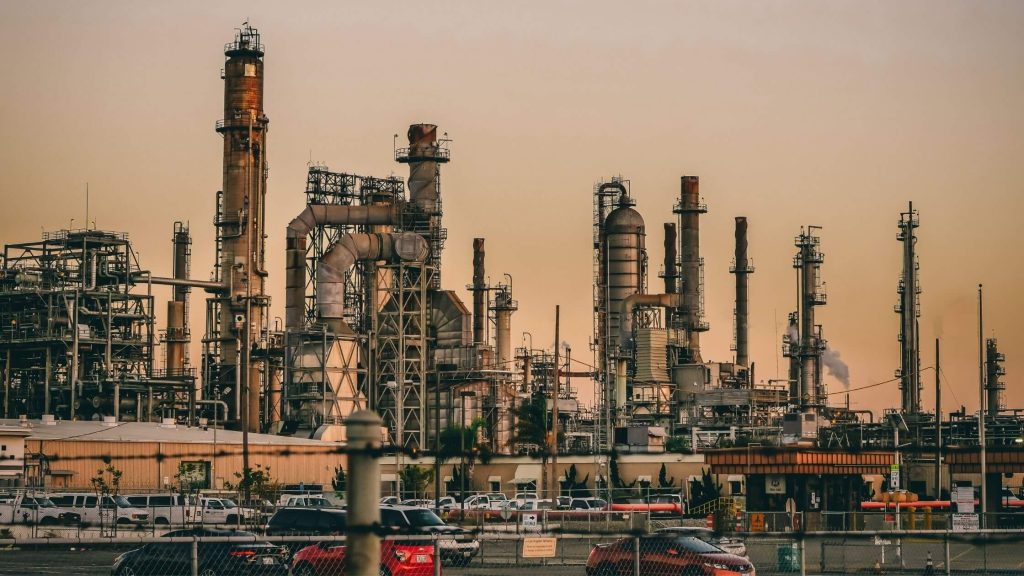In almost 14 months, 23 LNG transshipments have been carried out, and as many LNG transport ships have arrived at the terminal, the terminal’s operator adds.
The largest cargo amount arrived from the United States, followed by Nigeria, Qatar, Belgium, Trinidad and Tobago, Egypt, and France.
Contracts on the use of the terminal have been signed with the INA, HEP, MET Croatia Energy Trade, MVM CEEnergy Croatia, and PPD companies.
85% of the terminal’s capacity has been leased until 2027.
Responding to a question from Hina, LNG Croatia says that 95% of the gas imported via the terminal has remained in Croatia.
In the first nine months of the terminal’s operation, 75% of the regasification capacity has been utilised, the operator says, adding that the financial results for 2021 will surpass the profit planned.
Since the start of commercial operation, there have been no problems or standstills.
In February 2021, not one LNG transport ship docked at the terminal because its users were focused on Asian markets due to a very high demand for LNG and consequently higher prices, the company says, adding that decisions on the commercial terms are made by the terminal’s users in cooperation with their suppliers and that the operator’s job is only to receive and deliver LNG.
Since early March 2021, all planned ship arrivals have occurred.
Asked if they expect similar market disruptions, the operator says that by building an LNG terminal, Croatia became part of the global LNG market and is subject to all disruptions like markets around the world.
The first LNG tanker, the Tristar Ruby, arrived at the Omišalj terminal off Krk island with 143,000 cubic metres of LNG on 1 January 2021, marking the start of commercial operation.
The floating terminal serves for the reception of LNG ships, gasification and delivery into the gas transport system to reach end users.
For more, check out our business section.








